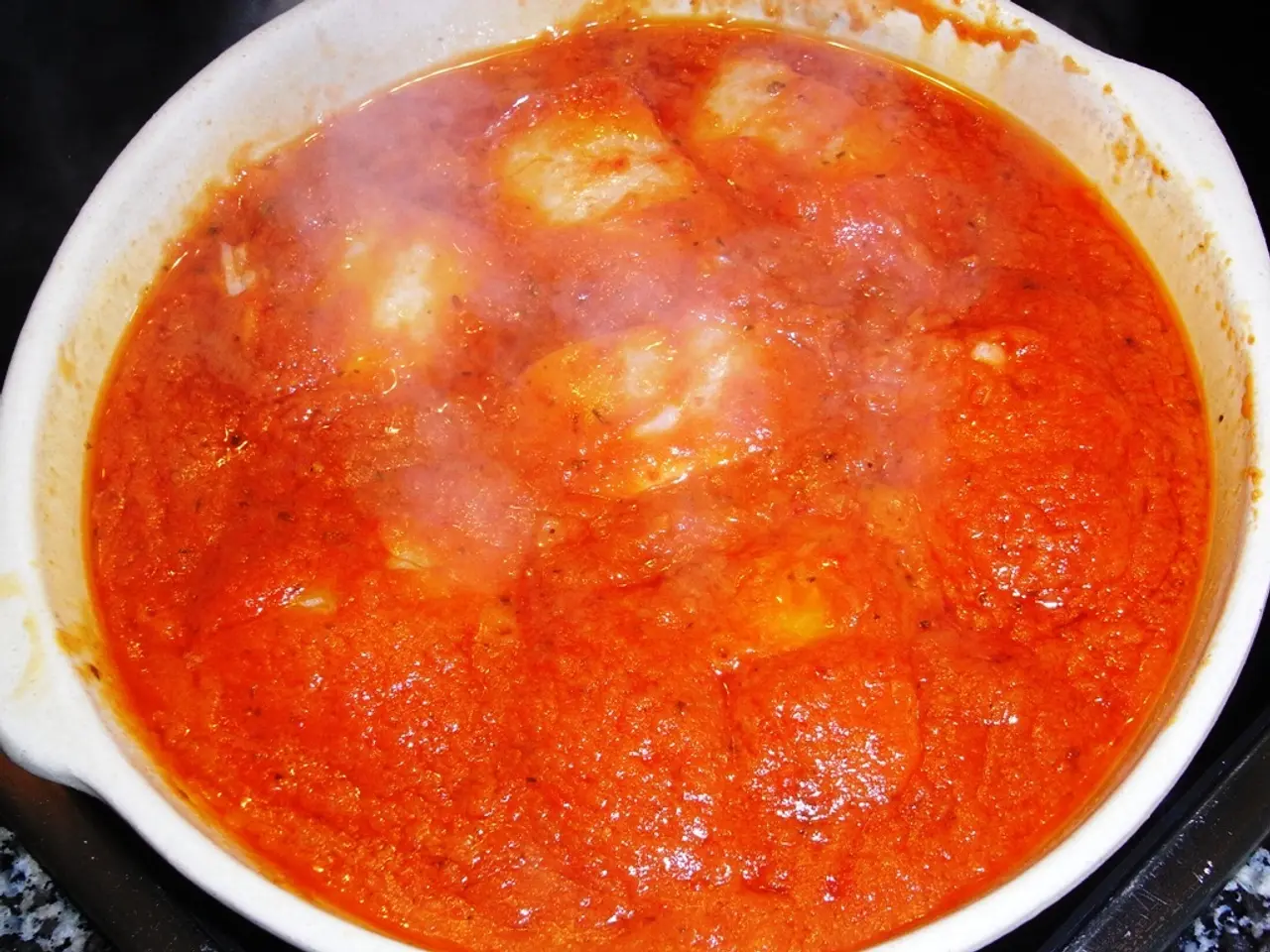Methods for Soothing a Sore Throat Following Vomiting
Vomiting can lead to a sore throat due to the harsh stomach acid and contents that irritate the sensitive lining of the throat and esophagus. This acid exposure can inflame and damage the throat tissues, causing discomfort.
Effective home remedies to alleviate a sore throat after vomiting include:
- Gargling with saltwater: Stir a teaspoon of salt into warm water and gargle to reduce inflammation and prevent secondary infection. Be sure not to swallow the saltwater to avoid further stomach upset.
- Drinking warm liquids: Herbal teas can provide a comforting, soothing sensation to the irritated throat. Ensure the tea is warm, not hot, to avoid additional irritation.
- Honey: Taking about one teaspoon of honey straight or mixed into warm tea or water can help due to honey’s anti-inflammatory and antibacterial properties. However, it is not recommended to give honey to children under 1 year old.
- Staying hydrated: Drinking plenty of water or fluids like natural juices or soup helps replenish the body and prevents dehydration, which also helps soothe throat irritation.
- Using throat lozenges or sprays: These over-the-counter products can numb the throat and alleviate pain quickly, though their effects may be short-lived.
These remedies target the inflammation and dryness caused by vomiting and help protect and heal the throat lining. If the sore throat persists beyond a few days or worsens, it is advisable to seek medical advice to rule out other causes or infections.
The forceful motion of vomiting can irritate the esophagus, potentially causing tiny tears. If symptoms last for several days, trouble swallowing or breathing occurs, or fluids can't be kept down, it's recommended to make an appointment with a healthcare provider.
Over-the-counter medications like acetaminophen (Tylenol®) or ibuprofen (Motrin® or Advil®) can help lessen the pain of post-vomiting esophagitis. It is also advisable to avoid hot, spicy, or acidic food and drinks while the esophagus is healing. The healing process for mild esophagitis can take up to a few weeks, and it begins once vomiting has stopped.
In some cases, vomiting can contribute to esophagitis, a painful inflammation of the esophagus. If you experience blood in your vomit, always seek immediate medical attention.
Herbal tea can provide a soothing sensation for a sore throat after vomiting, but it should not be too hot. A phenol throat spray can relieve minor pain and irritation by temporarily numbing the affected area.
Remember, these remedies are intended for alleviating discomfort and promoting healing, but they should not replace professional medical advice. If you have any concerns or if your symptoms persist, consult a healthcare provider for guidance.
- Besides gargling with saltwater and drinking warm liquids, consuming honey for its anti-inflammatory and antibacterial properties can help soothe a sore throat caused by vomiting.
- Over-the-counter medications like acetaminophen or ibuprofen can be used to lessen the pain of post-vomiting esophagitis, but it is also crucial to avoid hot, spicy, or acidic food and drinks during the healing process.
- In cases where vomiting contributes to esophagitis, a painful inflammation of the esophagus, seeking immediate medical attention is necessary if blood is found in the vomit.
- It's essential to consult a healthcare provider for guidance if persistent symptoms after vomiting occur, as they might indicate underlying medical conditions or infections that require specific therapies and treatments.




